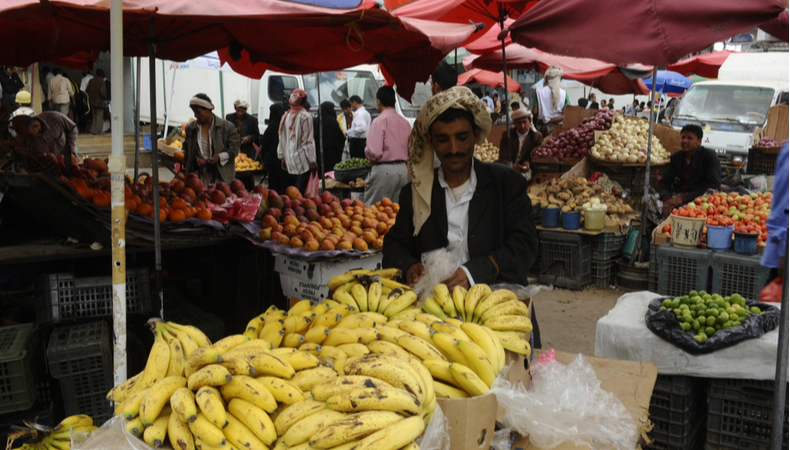Banks in Yemen take stern actions to curb devaluation of Riyal currency


Both the government and the Iran-backed Houthis used the same notes until late 2019 when the rebels banned new banknotes printed in government-run Aden over concerns about inflation. They got irritated and began to look for new measures so as to restore the balance and get back in the system.
Recently the Central Bank of Yemen closed six exchange firms and shops for not complying with its anti-speculation regulations. Closing the banks all over the years, it has brought the total number of blacklisted outlets to 60.
The banks have taken the pledge to crack down on more money traders if they did not abide by the bank’s monetary rules. They have also warned small-scale enterprises and local dealers to not deal with illegal entries, as it will put them in a questionable state.
An official statement read that the bank calls upon all exchange companies and establishments to exercise caution and abide by all instructions issued by the central bank. Despite the bank’s fresh punitive measures against violators, the Yemeni riyal reached a new record low against the US dollar, falling to nearly 1,400 riyals on the black market.
In August this year, government introduced a stockpile of what it claims were “old bills”, drawing the ire of the rebels who accused it of minting new “counterfeit” money. Opposing the issue of new guidelines, most of the rebel authorities also banned its use and issued civilians with guides to identify the “fakes”. It is of key significance since it will be hard for an average citizen to differentiate.




